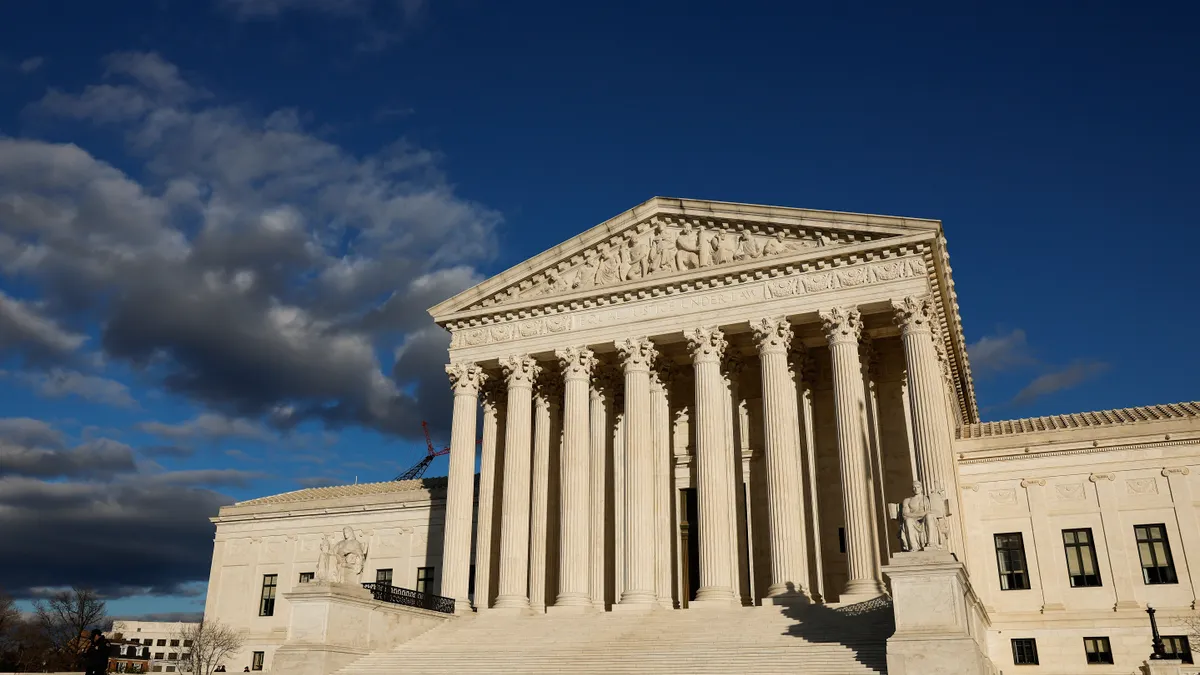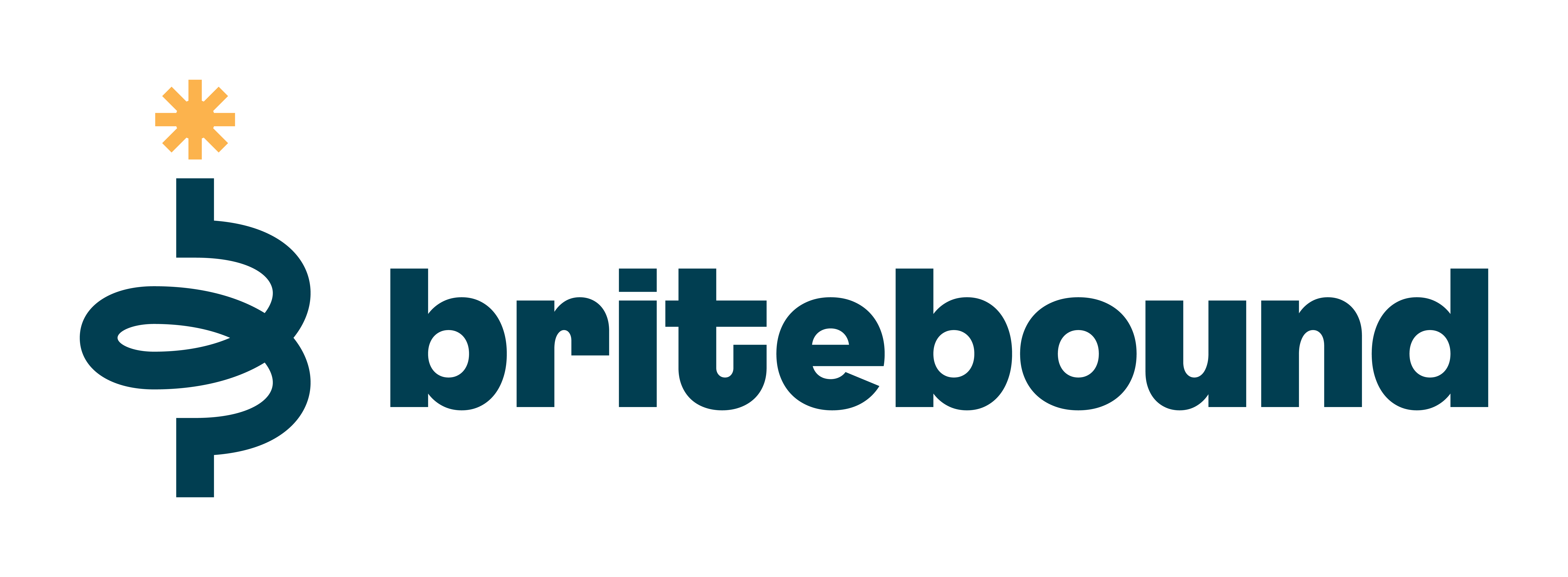Dive Brief:
- A federal investment of more than $1 billion has improved low-income families’ access to high-quality early childhood programs in 20 states, according to a new report from the U.S. Department of Education.
- The Washington Post reports states have used the money to assess and rate pre-K programs and get information about quality to families, educators and policymakers, as well as to provide health screenings and improve preschool teacher quality.
- Overall, the investment has improved the quality of early education options in the 20 states that participated in the program, and it has increased the number of children participating in top programs.
Dive Insight:
The money from the federal government was distributed through the Race to the Top-Early Learning Challenge. While 40 states applied for the funding, 20 received it. The expansion of the Tiered Quality Rating and Improvement Systems are considered a major accomplishment of the program. According to the department, nearly 70,000 early learning programs are now evaluated under such a system, which amounts to an 85% increase since states applied for the Race to the Top funds. What’s more, there has been a 134% increase in the programs that have moved into the top tier, reflecting the impact of targeted funds for program improvement.
President Barack Obama has proposed a national Preschool for All initiative and his 2017 budget includes $75 billion over 10 years to support it. The initiative, like many in states that are having great success with preschool, is aimed at expanding access to low-income students or those who are otherwise in need.










